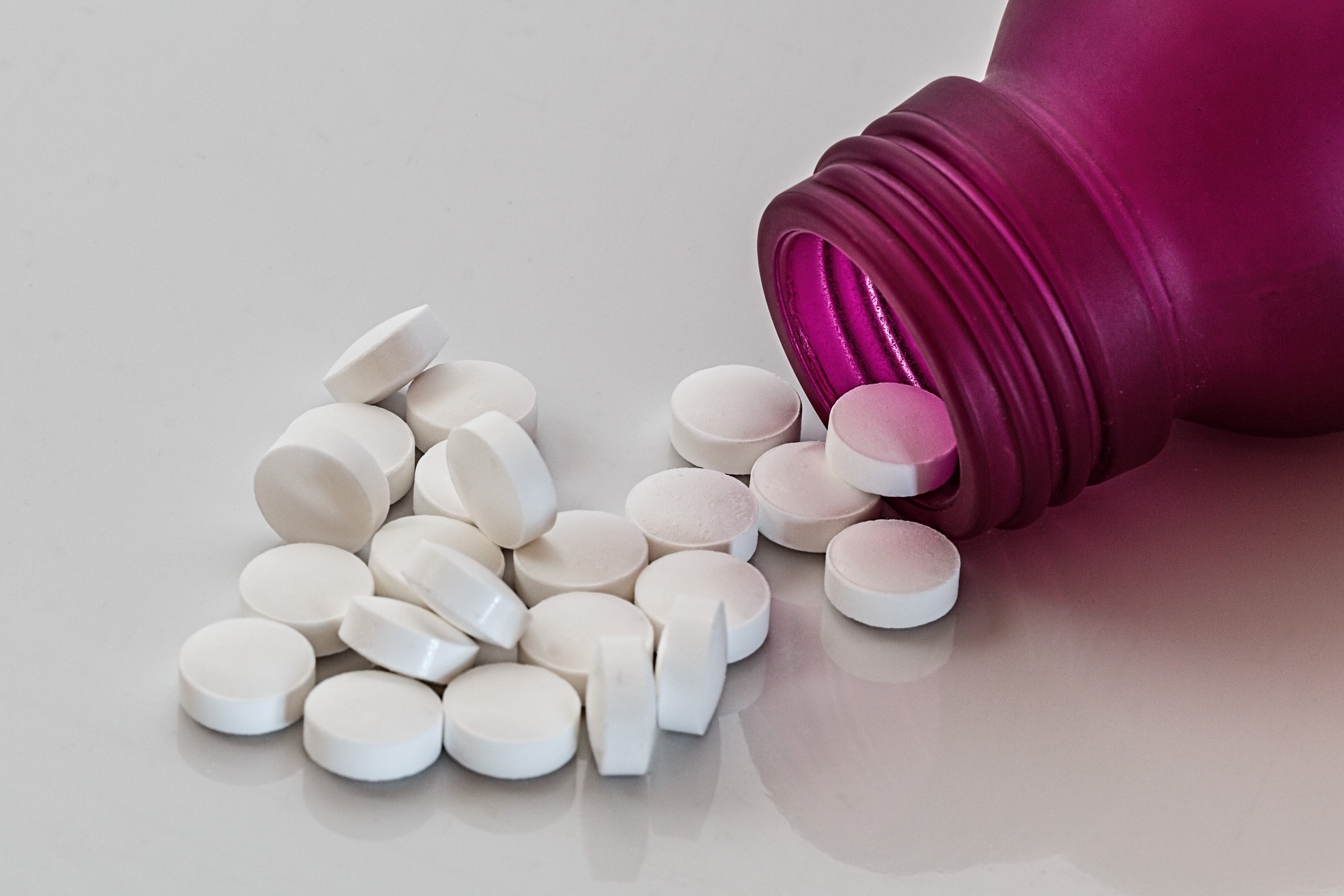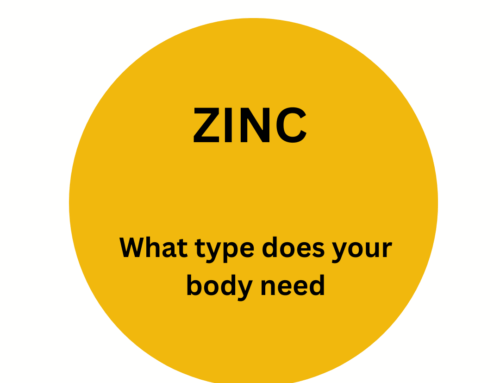You will see melatonin in the supplement section to help with sleep but its real fame goes much deeper. For sleep, melatonin may help you fall asleep but while it is useful for mild sleep issues, I have never found it super helpful in more significant sleep issues. I know many of you have tried melatonin with the same lackluster response. For this reason, melatonin is not my go-to supplement for sleep. I have used it in my cancer and covid protocols though which tips you off that there is something more to melatonin than sleep.
Melatonin is a hormone that was thought to be produced solely by the pineal gland which is in our brain. It is released at night and sends a signal for us to go to sleep. I recently attended a lecture by who I am going to call the “father of melatonin”, Russel Reiter. His sole mission in research has been focused on melatonin and at the young age of 86 he blew me away with his research and knowledge causing me to totally rethink using melatonin not for sleep but for other reasons. READ ON to learn about the 3 REAL reasons you need to take melatonin….
First, let’s look at some facts:
- * Only 5% of melatonin is made in the pineal gland with the remaining 95% produced in other parts of our body. Our mitochonrida which is responsible for cellular energy possess the most melatonin in our bodies.
- * Many different organs have melatonin receptors so clearly this is not just for sleep.
- * There is no feedback loop that tells the body it has too much so the theory of taking melatonin will suppress your own bodies production is false.
- * Light disrupts the release of melatonin which is one of the reasons our lifestyles of watching Tv at night, reading iPads or phones before bed can disrupt your sleep cycle. Blue light is the worst offender so if you must have a light (clock, nightlight) use yellow or red.
- * We have two peaks of melatonin release – one in the evening before bed and one in the middle of the night. Lesson here is if you wake up in the middle of the night don’t look at your phone, check your emails or turn on the TV as it disrupts this cycle.
- 1. Lowers blood pressure. Melatonin lowers the systolic blood pressure especially at night. No, this doesn’t mean you can stop your blood pressure medication if you take melatonin but it does help reset your tone and make it more effective.
- 2. Inhibits atherosclerosis. This means melatonin can decrease the ability to accumulate plaque! It is now being thought to be able to convert soft plaque to hard plaque. While you don’t want any type of plaque the worst kind is soft because it has a tendency to break off and cause strokes. Studies are showing it can help diminish the amount of cardiac damage with heart failure and help increase perfusion with heart attacks. Ongoing research is looking at giving melatonin directly into a vessel at the time and site of a balloon angioplasty when someone is having an acute heart attack and the results are demonstrating a whopping 40% increase in perfusion of the heart over those without melatonin. This is not being done in humans yet but the trials are promising!
- 3. Decreases free radicals. Our body produces tons of free radicals in response to almost everything. Stress is a huge culprit and others include strenuous exercise, alcohol consumption, environmental toxins and sleep disturbances to name a few. The sheer production of cellular energy by our mitochondria releases free radicals. Melatonin helps neutralize these free radicals which is why our mitochondria contains some of the highest melatonin concentrations! Studies are also showing positive effects using melatonin in cancer perhaps for this reason. This is also the reason it helps with covid!
Yes, melatonin is very important for sleep but even if this hasn’t worked for you before then you might still want to take melatonin for these 3 reasons:
Some people report vivid dreams and grogginess with melatonin so just be aware. Usual dosing is 1-5mg but reports are showing use in much higher doses to be beneficial for certain conditions. Before using higher doses consult your physician.
To your health,
Laura









